Can Bed Bugs Survive In Cold Weather? [Myth Busted]
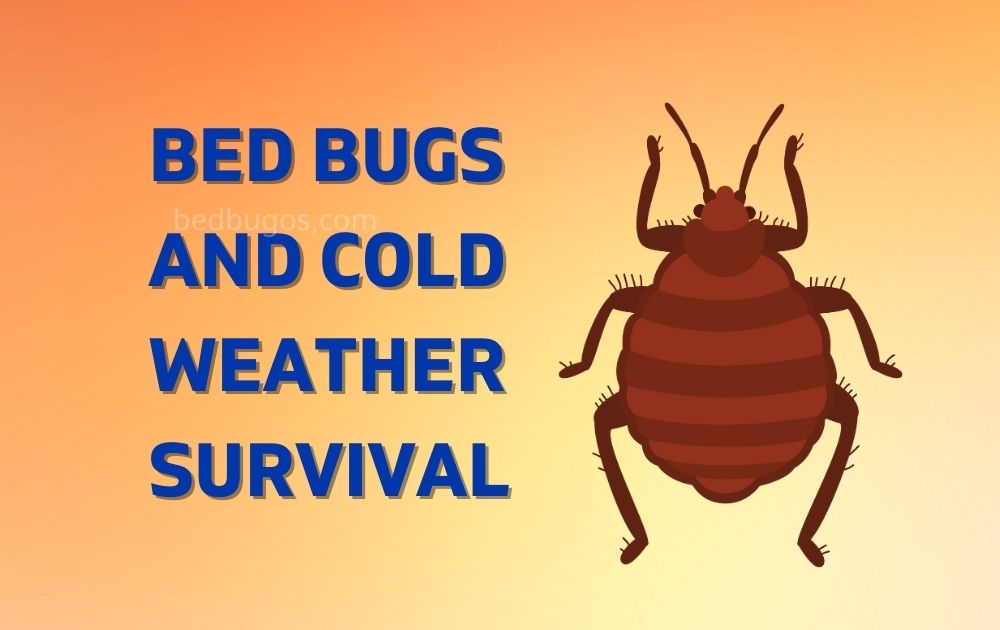
Hey there! If you’ve ever dealt with a bed bug infestation, you know how frustrating it can be. These tiny insects can cause discomfort, bites, and sleepless nights. Naturally, many of us wonder if cold temperatures can be a solution to get rid of these unwanted guests. So, you may be asking yourself, “Does cold kill bed bugs?”, “Can bed bugs survive the cold?”, or “Do bed bugs die in the cold?”
I’ll delve into these questions and explore whether bed bugs can withstand frigid temperatures, or if the cold can be an effective weapon against them. As someone who has battled bed bugs, I was curious to find out if bed bugs like the cold or if they can survive in cold rooms. Let’s uncover the truth together!
No, bed bugs cannot survive in cold weather. They are sensitive to low temperatures and can die if exposed to temperatures below freezing for an extended period of time. However, they are able to withstand short exposure to freezing temperatures and can survive in cooler environments if they have access to a warm host.
Can Bed Bugs Survive In Cold?
To understand whether bed bugs can survive in cold weather, it’s important to look at their biology and behavior. Bed bugs are insects that belong to the order Hemiptera, and they have several adaptations that help them survive in different environments. For example, bed bugs have a tough exoskeleton that protects them from damage, and they can go for long periods of time without feeding.
In general, bed bugs can survive temperatures between 50°F and 90°F. They are most active at temperatures between 70°F and 80°F, which is why they are most commonly found in bedding, furniture, and other soft materials that are close to the body. Bed bugs can also survive temperatures below 50°F, but they will become less active and may not feed as often.
However, bed bugs are not able to survive in freezing temperatures for long periods of time. For example, at temperatures below 0°F, bed bugs will freeze and die within a few hours. While this may seem like good news for those who live in colder climates, it’s important to remember that bed bugs can hide in many different places and can be transported from one location to another.
Does Cold Kill Bed Bugs?
While cold weather can kill bed bugs, it’s not a guaranteed solution for eliminating an infestation. Bed bugs are masters of hiding and can find shelter in many different places, including inside wall cavities, behind baseboards, and in other tight spaces. They can also be transported from one location to another, making it difficult to completely eradicate them.
If you want to use cold weather to kill bed bugs, it’s important to understand the limits of this method. Bed bugs will freeze and die at temperatures below 0°F, but they will become less active and may not feed as often at temperatures between 50°F and 90°F. To be effective, cold treatment must be maintained at a temperature below 0°F for several days.
Another important factor to consider is that cold treatment may not reach all the bed bugs in an infestation. For example, bed bugs hiding in wall cavities or other tight spaces may not be exposed to the cold and may survive.
What Kills Bed Bugs Permanently?
There is no single solution that can kill bed bugs permanently. However, a combination of heat treatment, chemical sprays, and vacuum cleaning can effectively get rid of bed bugs. Heat treatment is particularly effective, as bed bugs cannot survive in temperatures above 120°F. Chemical sprays containing pyrethroids and neonicotinoids can also be used to kill bed bugs, but repeated applications may be required to ensure their complete elimination.
Can Bed Bugs Live In A Cold House?
Yes, bed bugs can survive in a cold house, although their activity will be slowed down. These insects can survive in temperatures as low as 46°F, but they prefer to thrive in temperatures ranging between 70°F and 90°F. Keeping your home at a low temperature may deter bed bugs, but it will not eradicate them.
Do Bed Bugs Like Cold Rooms?
Bed bugs are highly resilient insects that can survive in extreme temperatures, both hot and cold. A cold room may slow down their metabolism and reduce their activity, but it will not kill them completely. To get rid of bed bugs, it is important to use a combination of heat treatment, chemical sprays, and vacuum cleaning.
FAQ’s
To kill bed bugs, temperatures must be below 0°F for several days. At temperatures between 50°F and 90°F, bed bugs will become less active and may not feed as often.
Cold weather can slow down the spread of bed bugs, but it’s not a guaranteed solution. Bed bugs can hide in many different places and can be transported from one location to another.
Getting rid of bed bugs in one day is a challenging task, but it can be done. The quickest solution is to use heat treatment, as bed bugs cannot survive in temperatures above 120°F. You may also need to use chemical sprays and vacuum cleaning to ensure that all bed bugs are eradicated. Keep in mind that a one-day solution may not be enough to completely get rid of bed bugs, and additional treatments may be necessary.
Unfortunately, bed bugs will not simply go away on their own. These pests have a high rate of survival and can reproduce quickly, so you need to take active steps to get rid of them. Professional extermination services may be necessary, as bed bugs can be difficult to eradicate without the use of specialized equipment and chemicals.
Conclusion :
Bed bugs can survive in cold weather, but they are less likely to start infestations in these conditions. Bed bugs are most likely to start infestations in warm, humid environments where they can find plenty of food (i.e. human blood). If you live in a cold climate and are worried about bed bugs, be sure to take precautions against them (e.g. using a mattress cover, regularly vacuuming your bedroom, etc.), and look for signs of an infestation (e.g. bites on your skin) so that you can deal with it quickly if one does occur.

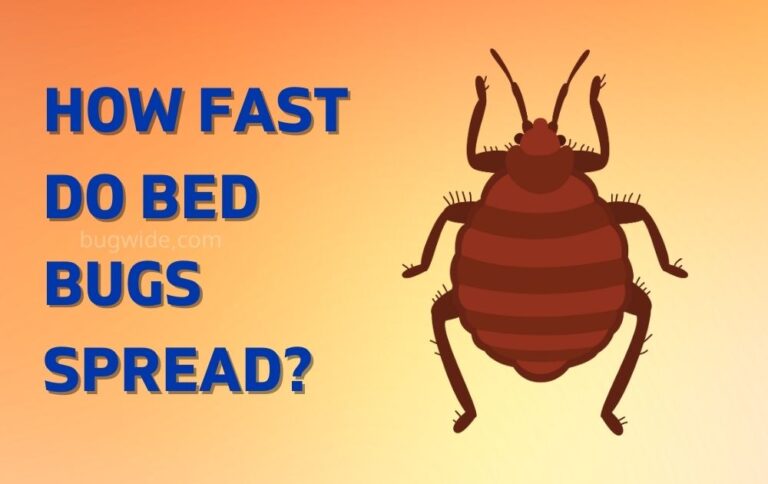
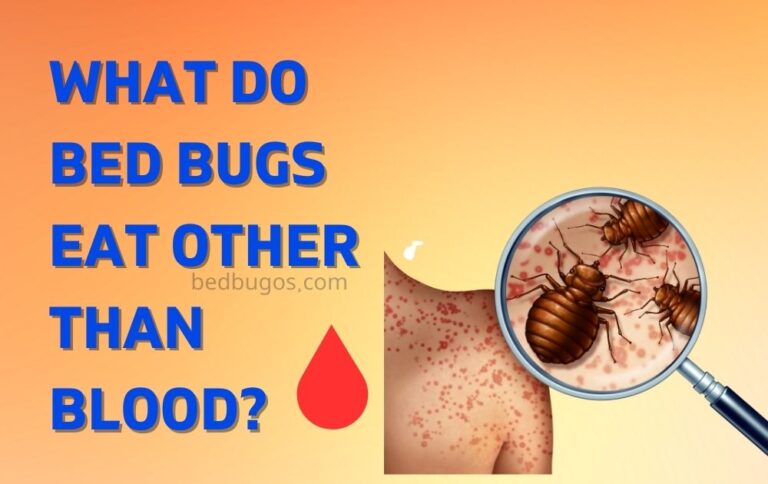
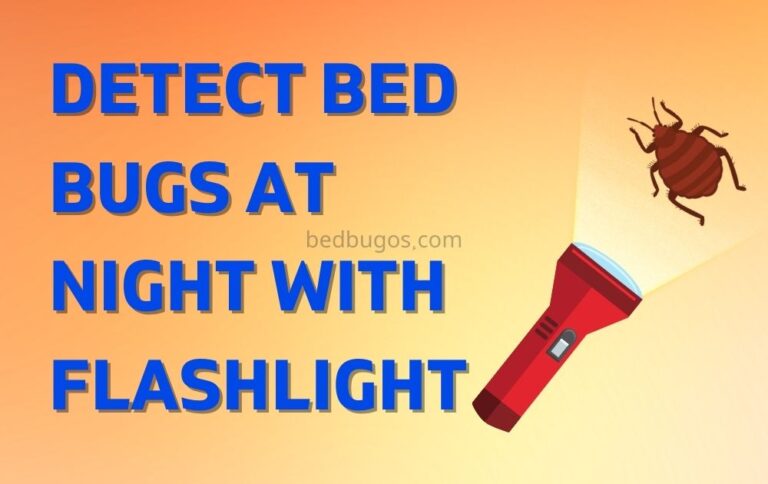
![10 Tips To Prevent Bringing Bed Bugs Back from a Hotel [Explained]](https://lyssfits.com/wp-content/uploads/2022/12/How-to-Prevent-Bringing-Bed-Bugs-Back-from-a-Hotel_-Revealed-768x484.jpg)
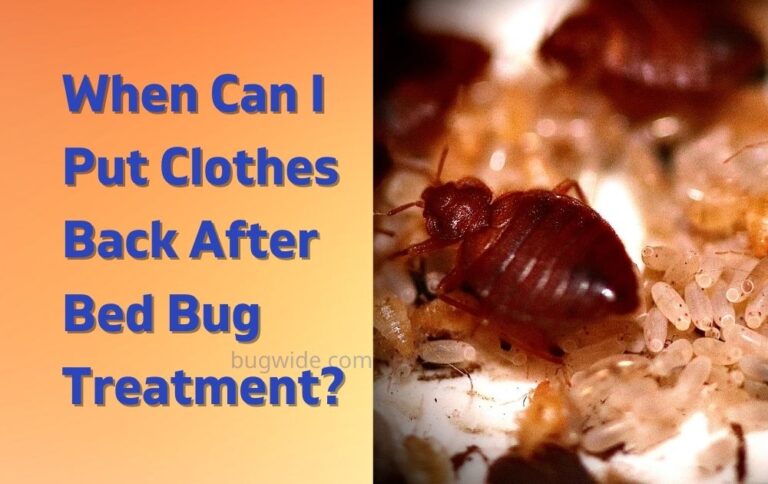
![How Do Bed Bugs Reproduce? [Explained In Stages]](https://lyssfits.com/wp-content/uploads/2022/12/How-Do-Bed-Bugs-Reproduce-And-Grow-A-Guide-768x484.jpg)